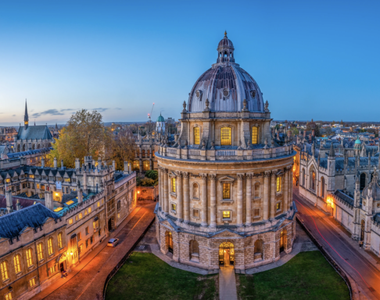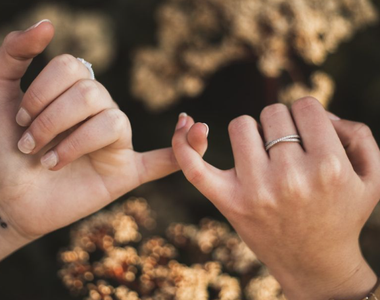
Banning selfies is becoming more and more common in many tourist destinations. The motive? Because they save people's lives.
The craze for these photos is deadlier than shark attacks. A study published in the Journal of Travel Medicine found 379 selfie-related deaths over the past 13 years.
Among them, 140 tourists tragically took their last picture. Meanwhile, only 90 fatal losses of life occurred from shark attacks.
Last month, a gondola overturned in Venice, Italy when a group of tourists refused to stop taking selfies. Just before the accident, the gondolier asked the group not to move while he performed a difficult maneuver under a bridge. Fortunately, there were no injuries after the accident.
Taking the perfect selfie for social media has led tourists to a host of extreme dangers, such as tragic incidents, fatal cliff falls, car and train accidents, dangerous encounters with wild animals and unexpected drownings.
Among the 379 selfie-related deaths worldwide between 2008 and 2021, 37.2% were tourists. Falling from height accounted for 49.9% of all deaths, followed by transportation (28.4%) and drowning (15.3%). The average age of selfie victims during this time period was 24.4 years old. Women were more likely to be fatally injured from falls from heights and encounters with animals, while more men were killed in transportation-related hazards.
The countries with the highest number of selfie deaths were India (26.4%), the United States of America (10.3%) and Russia (8.7%).
After a series of selfie-related accidents in Mumbai, India, the government has designated several selfie zones, including beaches, festival sites and tourist attractions. In Pamplona, ??Spain, taking selfies during the annual running of the bulls is illegal due to potential accidents.
New York passed a bill banning selfies with feral cats unless there is a physical barrier between the person and the animal. Similarly, visitors to Lake Tahoe in the US have been asked not to take selfies with bears, as turning your back on a bear is extremely dangerous.
Source: EuroNews







